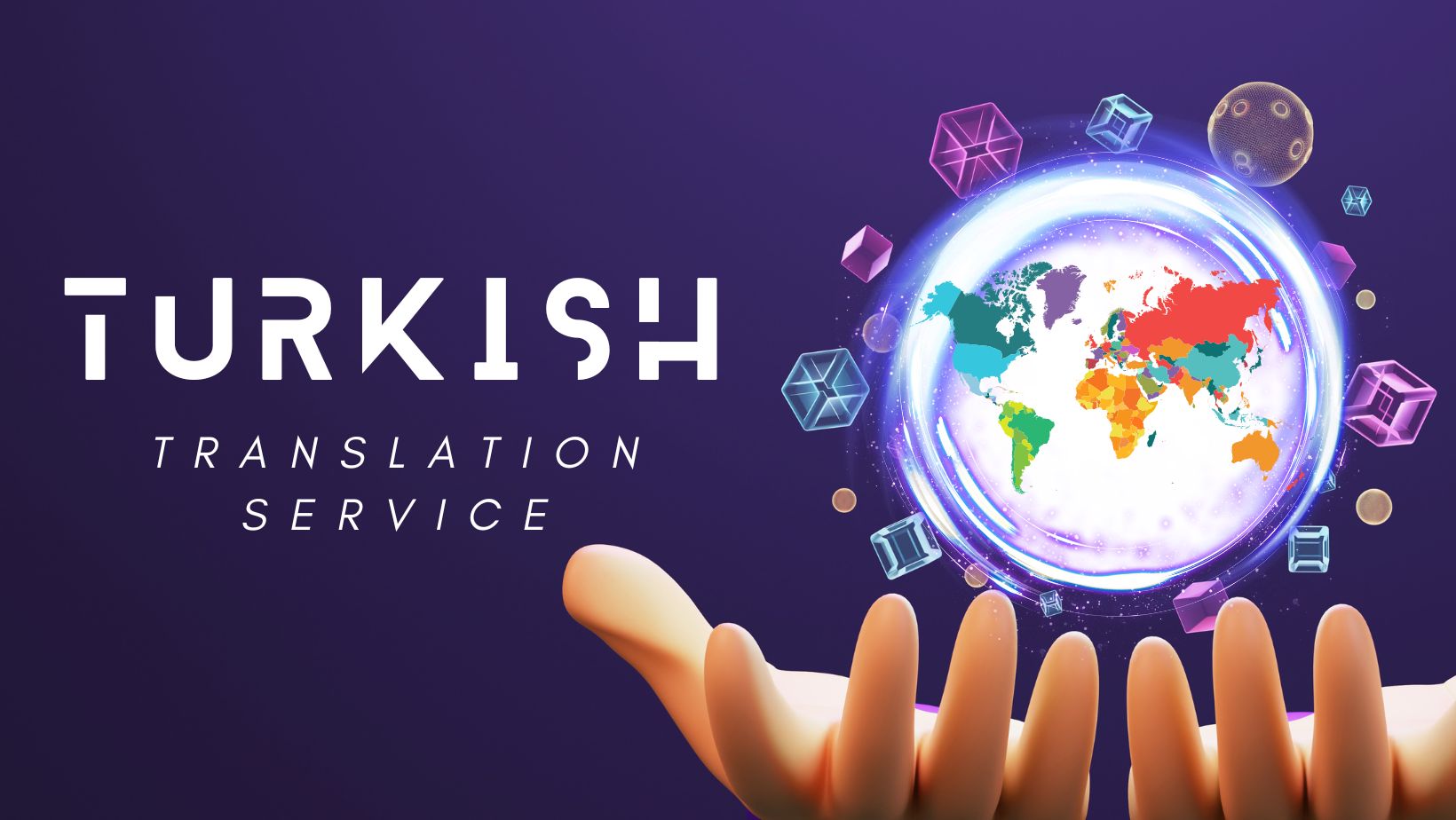The translation industry in Turkey has undergone significant transformation over the years, evolving from a traditional, manual process to a sophisticated sector that leverages technology and adheres to global standards. This evolution reflects Turkey’s unique position at the crossroads of Europe and Asia, embodying a blend of diverse cultures, languages, and historical influences. Central to this transformation has been the role of the “yeminli tercüman” (sworn translator), a figure that has become increasingly important in ensuring the accuracy and reliability of translation services in the country.
Historical Context
The history of translation services in Turkey can be traced back to the Ottoman Empire, where translators played a crucial role in diplomacy and trade. These early translators, known as “dragomans,” were pivotal in bridging the linguistic and cultural gaps between the Ottoman court and foreign states. However, the profession was informal, with no standardized training or certification processes.
The foundation of the Turkish Republic in 1923 marked a turning point, as the new government initiated a comprehensive reform of the Turkish language. This period saw a concerted effort to modernize and standardize the language, impacting the translation industry significantly. The need for accurate and reliable translation services became more pronounced, especially with Turkey’s increasing engagement with the international community.
The Rise of the “Yeminli Tercüman”
The concept of the “yeminli tercüman” emerged as Turkey sought to professionalize translation services. A “yeminli tercüman” is a sworn translator, certified by a court to provide translations that are legally recognized. This certification process was introduced to ensure that translations, especially of legal, financial, and official documents, meet the highest standards of accuracy and reliability.
The role of the “yeminli tercüman” has become increasingly important in various sectors, including legal proceedings, business transactions, and academic research. These sworn translators are entrusted with the task of ensuring that documents are accurately translated, maintaining the integrity and legality of the text. The demand for “yeminli tercüman” services has grown, reflecting Turkey’s expanding role in international trade, diplomacy, and academia.
Technological Advances and Their Impact
The advent of technology has significantly impacted the translation industry in Turkey, as it has worldwide. The introduction of computer-assisted translation (CAT) tools, machine translation, and artificial intelligence has revolutionized the way translation services are provided. These technologies have increased efficiency, reduced turnaround times, and improved the overall quality of translations.
However, the role of the “yeminli tercüman” remains irreplaceable, especially for documents requiring legal certification. Technology aids these professionals, allowing them to work more efficiently, but the human element they bring, with their understanding of cultural nuances and context, cannot be replicated by machines. The “yeminli tercüman” thus stands at the intersection of tradition and innovation, embodying the evolution of the translation industry in Turkey.
Challenges and Future Directions
Despite the advancements and the increasing professionalization of the industry, translation services in Turkey face several challenges. The rapid pace of technological change, the need for continuous professional development, and the competition from machine translation services are significant concerns. Moreover, the industry must navigate the complexities of translating for a linguistically diverse country, where numerous dialects and minority languages exist.
The future of translation services in Turkey lies in embracing technology while upholding the high standards of accuracy and reliability that the “yeminli tercüman” represents. There is a growing need for specialization, with translators focusing on specific sectors such as legal, medical, or technical fields. Additionally, the industry must invest in training and certification programs to ensure that translators are equipped to meet the evolving demands of the market.
Conclusion
The evolution of translation services in Turkey is a testament to the country’s rich linguistic heritage and its dynamic engagement with the global community. The “yeminli tercüman” has been central to this evolution, ensuring that translation services in Turkey adhere to the highest standards of professionalism and accuracy. As Turkey continues to navigate the challenges of the 21st century, the translation industry, with its blend of tradition and innovation, is poised to play a crucial role in bridging languages and cultures. The journey of the “yeminli tercüman” from the courts of the Ottoman Empire to the digital age reflects the resilience and adaptability of the profession, underscoring its importance in an increasingly interconnected world.



